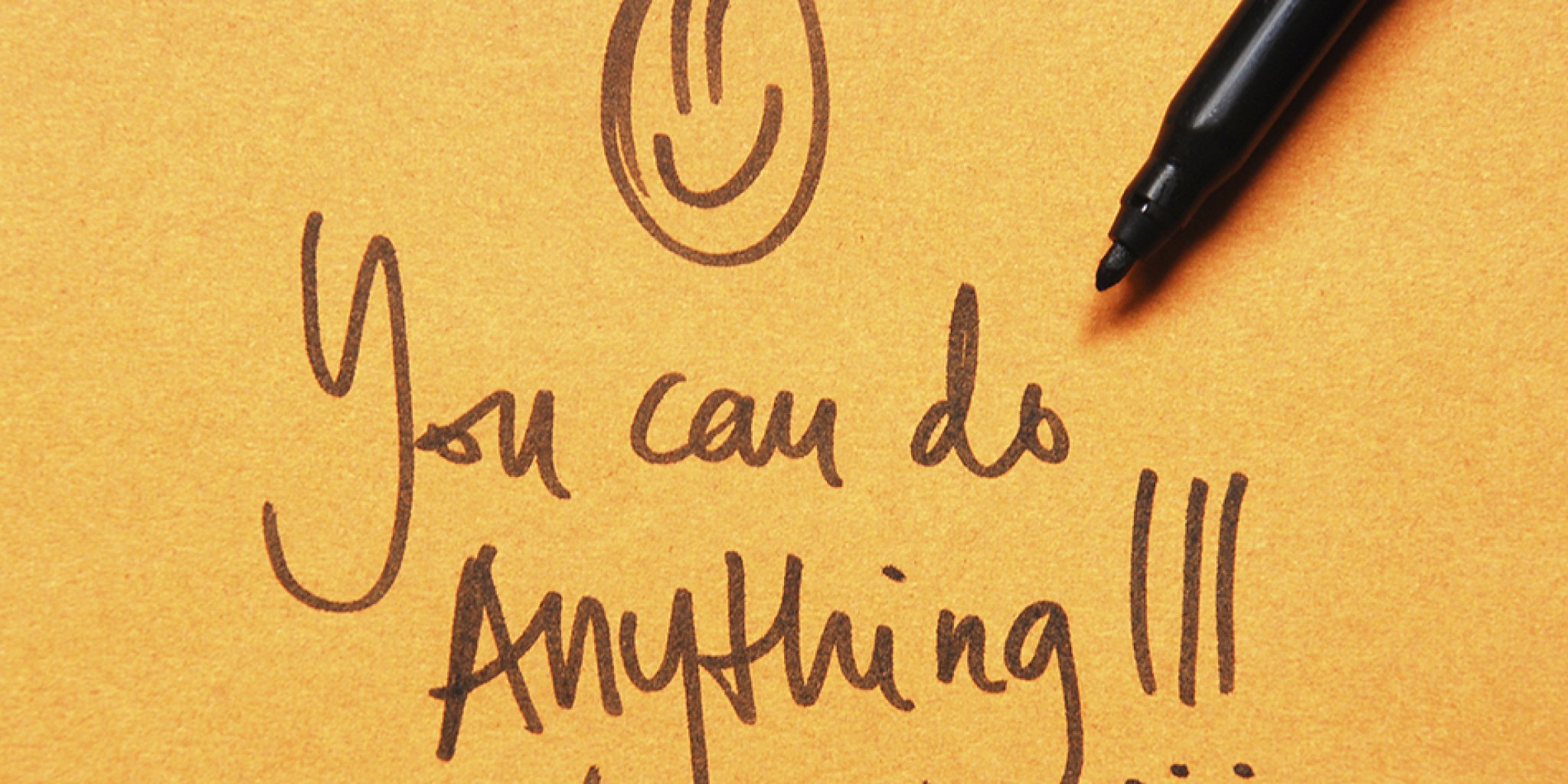
Welcome to WinnerTrick.com — the best source for success and personal development articles, motivational quotes, and tips to live your best life.
contact@winnertrick.com
When you carry confidence with you, life becomes more manageable and your ambitions start to feel attainable. Courage and self-belief aren’t just admirable traits — they’re essential ingredients in the recipe for real-world success. People who consistently trust their own worth and abilities are the ones who break through barriers, take risks, and rise above challenges. On the other hand, those plagued by doubt often hesitate too long, hold back when they should leap, and miss valuable opportunities. So yes — confidence isn’t just a nice bonus in life, it’s the quiet engine behind the loudest victories.
Confidence, however, is fragile. It can be shattered in moments, rebuilt slowly, and tested again and again. But despite its vulnerability, confidence is what enables us to move forward when everything seems uncertain. Without it, we’re often paralyzed by fear or second-guessing ourselves. If you’re honest, how many opportunities have you missed out on because you didn’t believe you were good enough? If you’re like most people — too many to count.
Even your paycheck might be affected by confidence. Studies have found that men are four times more likely to initiate salary negotiations than women — and when women do negotiate, they typically ask for 30% less than their male counterparts. That’s not a reflection of ability. It’s a reflection of how much someone believes in their own value.
The truth is, confidence influences everything — from how we speak up in meetings to how we pursue dreams, from how we interact with others to how we view ourselves. Leaders with self-assurance are the ones others naturally gravitate toward. Employees who carry themselves with confidence are the ones managers often notice and promote. Even happiness, according to researchers, is linked to internal confidence — because belief in yourself makes life’s setbacks easier to navigate.
Confidence is what helps us reach a state of “flow,” that incredible zone where productivity meets passion, and time disappears. But if you’re full of doubt, you can never enter that space — because you’re too busy questioning every move.
One of the best takes on this subject comes from Dr. Ivan Joseph, head coach and athletic director at Ryerson University. In a TEDx talk that’s gone viral, he explains how self-confidence is the most important skill he looks for in athletes. Talent is great, but without confidence, it’s like having a high-performance engine with no fuel. He’s not talking about arrogance. He’s talking about the quiet, unwavering belief that no matter what comes your way — you’ll figure it out.
But let’s be honest. Gaining confidence is no easy feat. It doesn’t come from reading motivational quotes or watching one good TED talk. It’s not magic. It’s work. It’s a habit. And habits are built with repetition and intentionality.

Building Confidence as a Habit
Confidence isn’t something you’re born with or without — it’s a pattern of behavior. Unfortunately, for many people, being unconfident has become the habit. They’ve spent so long sitting in silence, keeping their head down, or avoiding eye contact that it’s become second nature. But the beautiful truth? Habits can be rewritten.
If you want to be confident, you have to practice being confident. Start small. Really small.
There’s a well-known psychological principle called the Zeigarnik Effect — our brains hate to leave things unfinished. That’s why when you commit to doing one push-up a day, or flossing just one tooth, you’ll almost always end up doing more. It’s the mental equivalent of a foot in the door. So why not use this for confidence?
Here are a few mini-habits you can start immediately:
Say one positive thing about yourself every morning.
Smile in the mirror and tell yourself today’s going to be a great day.
Greet one new person at work.
Dress up a little more than usual on Mondays.
Speak up at least once during your next team meeting.
Finish a small, easy task first thing in the morning.
These are micro-changes. But stacked over time, they compound. And once you start building confidence in one area, it naturally spills into others.
One thing to keep in mind, though: most of us are terrible at judging our own confidence levels. Some of us think we’re doing just fine — but deep down, we’re hesitating, procrastinating, or deflecting compliments. That’s where understanding the science behind confidence can be a game-changer.

The Science of Confidence
Why is it so hard to feel genuinely confident? Because our brains are full of conflicting biases and fears.
Fear of Failure
This is a big one. It’s not just about making a mistake — it’s about being ashamed of that mistake. For many, the fear of looking foolish outweighs the thrill of trying. But confidence means you start even when you're unsure. To conquer this fear, try failing on purpose — with tiny, harmless tasks. When you realize the world doesn’t end, you loosen fear’s grip.
Imposter Syndrome
It affects some of the most accomplished people. Oprah. Sheryl Sandberg. Maya Angelou. They’ve all admitted to feeling like frauds at times. That quiet voice whispering, “Who do you think you are?” is often lying. The antidote is self-recognition — not bragging, but truthfully acknowledging how far you’ve come and how hard you’ve worked. That inner praise matters more than any external validation.
The Optimism Bias
Most of us overestimate our chances of good things happening. That’s actually a gift — it fuels hope and action. But unchecked, it can lead to disappointment or risky decisions. A balance of optimism and realism creates grounded confidence. Believe you’ll succeed, but plan for setbacks.
The Dunning-Kruger Effect
Ironically, the less you know, the more confident you might feel — and the more you know, the more you doubt yourself. High achievers often undervalue themselves because they see how much they still have to learn. So if you’re feeling unsure, remind yourself that humility doesn’t mean you’re incompetent. It often means you’re growing.
Ways to Improve Your Confidence
Now that we’ve peeled back the science and psychology behind confidence, let’s talk about practical, real-life strategies that actually help you build and maintain it. This isn’t about pretending you’re something you’re not — it’s about becoming someone you respect.
Take Care of Your Personal Image
Yes, appearances matter — but not in the superficial way most people think. When you take time to dress well, maintain hygiene, and look put-together, it’s not about impressing others. It’s about signaling to yourself that you’re worth the effort. There’s a subtle but powerful psychological feedback loop: when you treat yourself with care, you begin to believe you deserve good things.
Think Positively, and Argue With Negative Thoughts
Positive thinking isn’t about being naïve. It’s about choosing to believe in possibility. Every time your mind says “I can’t,” ask it: “Why not?” Then respond with “What if I can?” Speak to yourself as you would to a close friend — with encouragement, not judgment.
When a harsh inner critic rears its head, call it out. Challenge the voice, and don’t let it take root. That voice might sound convincing, but it's not a fact. It’s just fear dressed as logic.
Work on Your Body Language
You can communicate confidence before you say a single word. Practice standing tall. Avoid slouching. Speak clearly and at a steady pace. Make eye contact. When you walk into a room, carry yourself like you belong there — even if you’re not sure you do.
The amazing part? Your mind responds to your body. Studies have shown that adopting “power poses” (expansive, open postures) for just two minutes can increase testosterone levels (linked to confidence) and decrease cortisol (linked to stress). So yes, posture matters — more than you think.
Exercise Regularly
Physical activity does more than build muscle — it builds momentum. Even light, consistent workouts increase dopamine and serotonin, the “feel good” chemicals that improve mood, energy, and outlook. Feeling physically stronger also translates into feeling more capable overall. Whether it’s a daily walk, a strength routine, or yoga, get moving. Your body and confidence will thank you.
Help Others
It’s ironic, but one of the best ways to build self-confidence is by lifting someone else. When you solve a problem for a coworker, mentor a younger colleague, or simply offer support to a friend — you’re reminded of your value and strengths. It’s a cycle of growth: the more you help, the more confident you become. The more confident you are, the more you’re able to help.
And here’s the psychological kicker — people who help others actually feel like they have more time and energy, not less. It rewires your brain to feel capable and expansive.

10 Reasons Why Self-Confidence Drives Success
Let’s break it down further. Here are ten clear ways confidence fuels achievement, backed by both anecdotal wisdom and modern psychology:
Initiative – Confident people take action. They don’t wait around. They start the project, raise their hand, apply for the job, or pitch the idea. And those who start have already passed half the people who never try.
Standing Up for Yourself – Confidence makes it easier to assert your needs and protect your boundaries. Whether it’s asking for fair treatment or declining disrespectful behavior, assertiveness stems from self-worth.
Saying No – Overcommitting drains energy and focus. Confident individuals aren’t afraid to say no when something doesn’t serve their goals — and they don’t feel guilty about it.
Saying Yes to Opportunity – On the flip side, they also say yes to things that matter. Even if something feels outside their comfort zone, they trust that they can learn as they go.
Overcoming Fear – Confidence doesn’t eliminate fear — it gives you the strength to face it. Every time you do something scary, you prove to yourself that fear doesn’t control you.
Believing in Yourself – This might sound cliché, but it’s fundamental. Confidence means backing yourself, even when others doubt you. That kind of inner belief is what fuels extraordinary accomplishments.
Setting Higher Standards – People with low confidence set low bars to avoid disappointment. People with strong confidence aim higher. They believe they deserve more — and that belief often becomes reality.
Expanding Personal Limits – Confidence encourages experimentation. You’re willing to test your limits, take calculated risks, and grow beyond your old patterns.
Asking Questions – Whether it’s in a classroom, boardroom, or life situation, confidence gives you permission to ask. Not knowing isn’t a weakness — staying silent is.
Belief in Winning – Above all, confident people don’t hope they’ll succeed — they expect it. And that belief carries them through when motivation fades.

The Bill Gates Approach to Confidence and Success
Bill Gates isn’t just one of the wealthiest men in the world — he’s a brilliant example of someone who combined confidence with passion and turned it into world-changing innovation.
In an interview with ABC.net, Gates reflected on how crucial confidence was during his early years. He emphasized that success doesn’t begin with a product or a platform — it begins with belief. At age 13, Gates already felt drawn to computers, but it was the support of encouraging adults around him — teachers, mentors, family — that allowed him to believe in that instinct.
He wasn’t afraid to explore, to try, or even to fail. In fact, the now-famous story of how Gates and Paul Allen approached Altair — claiming they had a working program when they didn’t — is a perfect example of “calculated confidence.” They believed in their potential, trusted in their ability to deliver, and then actually built the software from scratch in a matter of weeks. They were unqualified, untested — but also unshaken.
That’s confidence.
It didn’t mean recklessness. It meant belief backed by action.
And that attitude didn’t just help Gates build Microsoft — it continues to drive his philanthropy, public speaking, and thought leadership decades later.
Ultimately, confidence is not a luxury. It’s not fluff. It’s not about being loud, brash, or dominant. It’s about knowing who you are, trusting in your value, and showing up in the world with intention.
You don’t need to fake it. You need to build it.
Start small. Be patient. Let your self-worth grow from habits, experiences, and reflection — not praise. And remember that confidence doesn’t mean knowing you’ll succeed. It means being willing to try, even when you might not.
Because trying is what brings success within reach.
Make sure you enter all the required information, indicated by an asterisk (*). HTML code is not allowed.